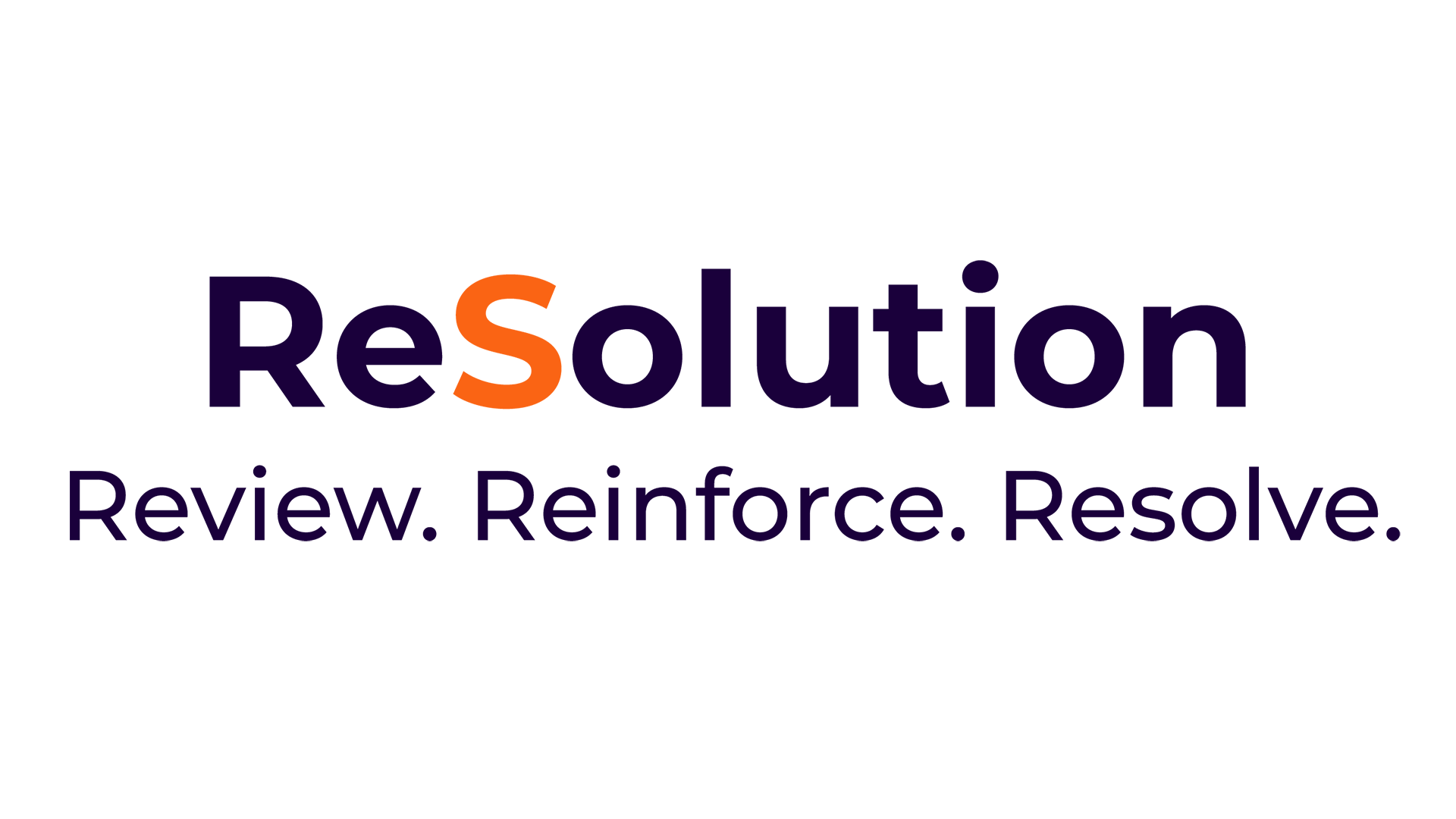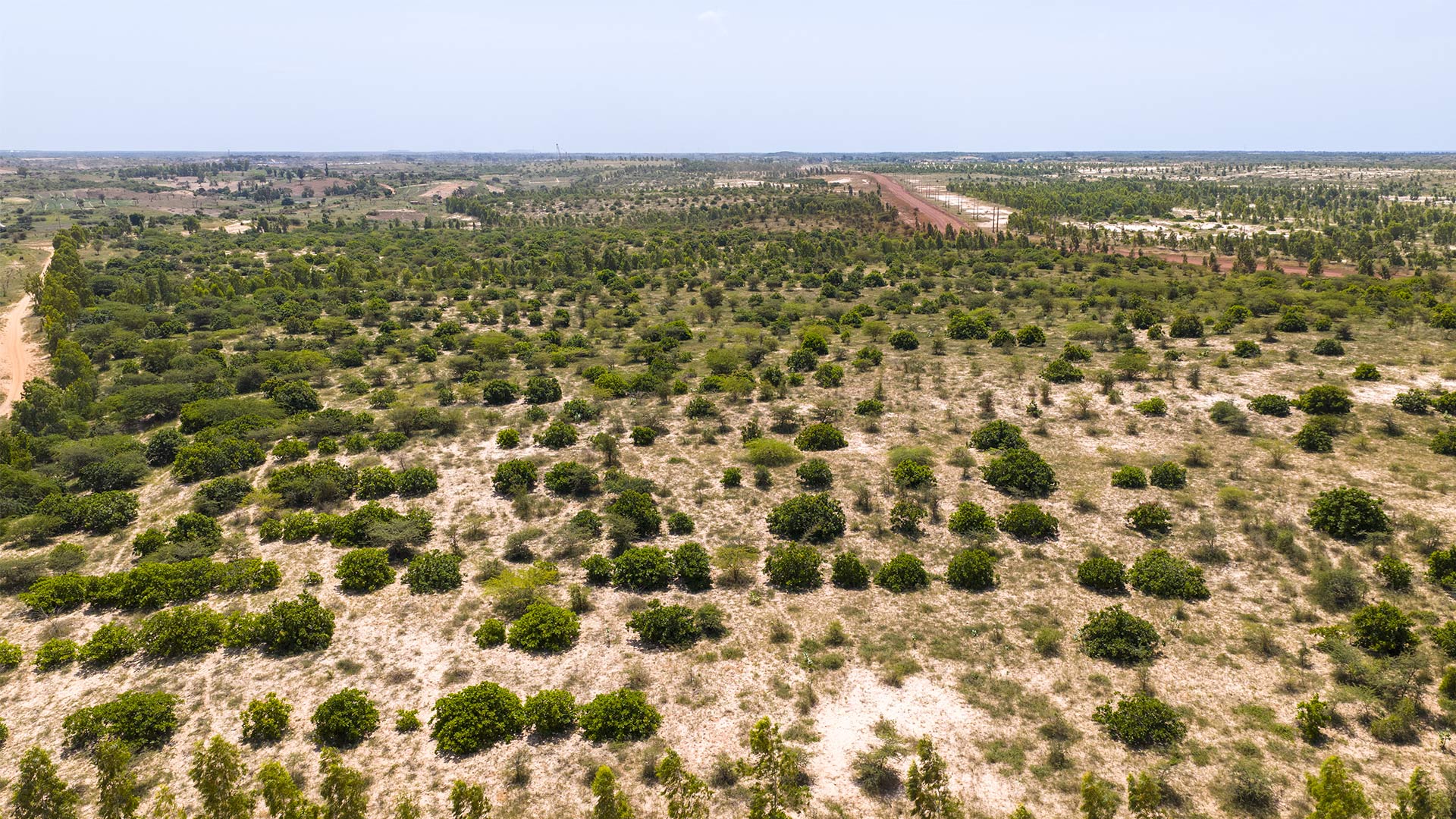Preserving biodiversity is one of Eramet’s major objectives and is enshrined in the Group’s “Act for Positive Mining” roadmap: “Integrate biodiversity preservation within all our activities and develop plans towards an overall net positive contribution to biodiversity.”
In 2021, the Group joined the act4nature international initiative. In 2024, new voluntary commitments will be developed and presented to the review and steering committees, which have judged them to be relevant and measurable.
Some of the previous commitments have been strengthened, while others are new and aim to respond in a more targeted way to the impacts associated with mining activities, which account for almost 65% of Eramet’s biodiversity footprint. These new commitments include the development of research and innovation programs to improve our expertise and practices within the Lékédi Foundation park in Gabon and at the mine; and the organization of an annual Biodiversity Day by the Foundation, a time for meetings, sharing and conferences for internal and external stakeholders within the park.
The act4nature international initiative, supported by networks of companies, scientists, environmental NGOs and public bodies, aims to mobilize companies in favor of biodiversity through pragmatic commitments backed by their management.
Studying our footprint to better guide our actions
In 2023, the Group carried out a biodiversity footprint study with the aim of assessing the impacts of its scope 1 (impacts generated by our activity), its scope 2 (impacts generated by our energy consumption) and part of its scope 3 (impacts generated by our value chain, limited to the impact of our suppliers for this exercise). This study was based on the Corporate Biodiversity Footprint (CBF) methodology developed by Iceberg datalab and ICare, and on the STAR indicator.
The study showed that most of the Group’s impacts are borne by scope 1, and that 80% of them are generated by mining activity. Thanks to this new knowledge, Eramet has been able to orientate its new commitments to focus its biodiversity efforts on the mining perimeter.
Thus, within three years, all the Group’s mining sites must update their biodiversity action plans to comply with IFC performance standard no. 61 dedicated to biodiversity, which is also included in the IRMA responsible mining standard. In particular, this standard requires concerted development with stakeholders, a quantified approach to biodiversity losses and gains, and management and monitoring plans specifying the criteria for implementation and effectiveness of the various avoidance, reduction, rehabilitation and, where appropriate, compensation measures.
Firm opposition to seabed exploration and mining
Eramet is one of the first mining groups in the world to take an official and firm stance against deep sea mining. To date, only 32 countries have officially opposed deep sea mining, including France in 2022.
Moreover, in 2020, the Group had already publicly expressed its opposition to another issue concerning the oceans, namely deep sea tailings placement.




